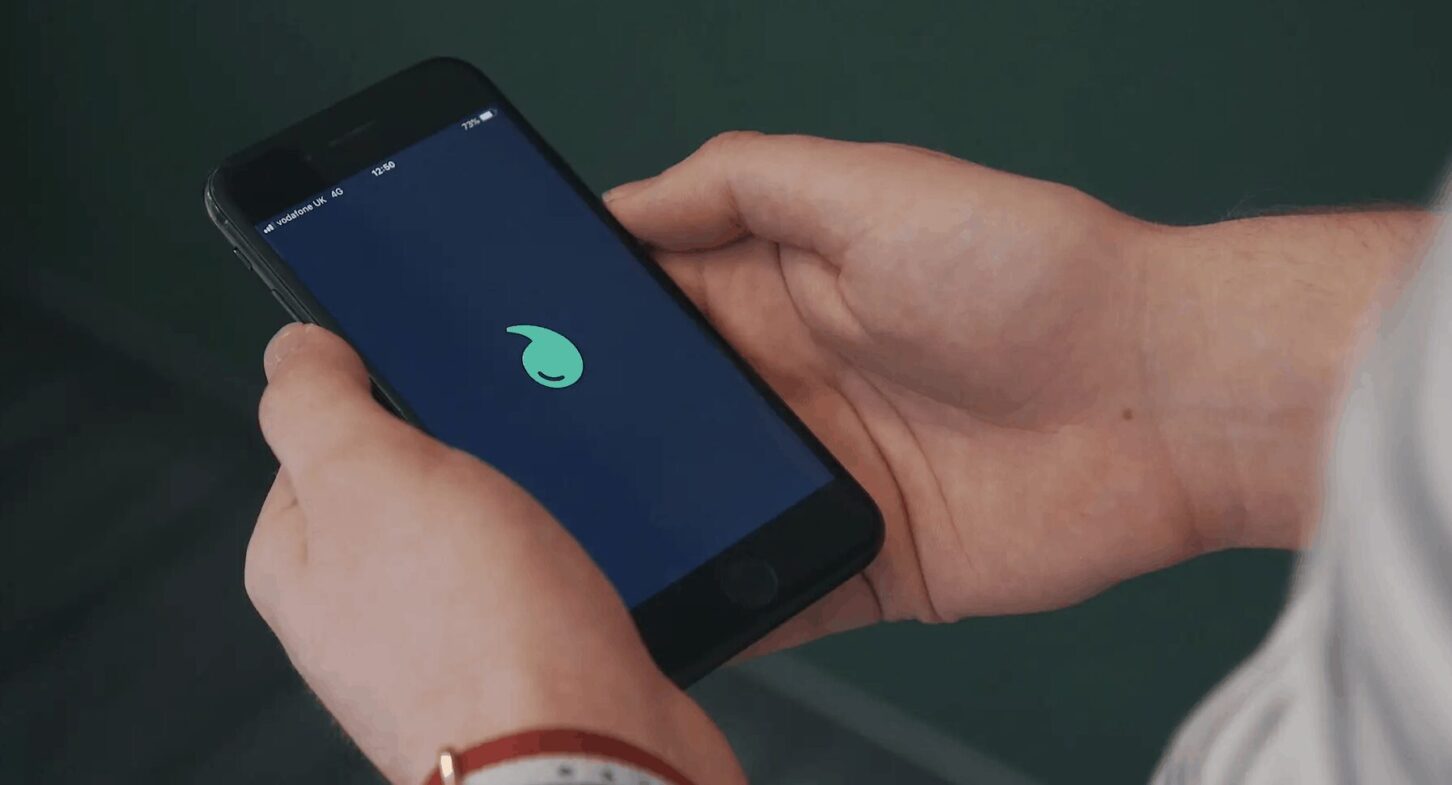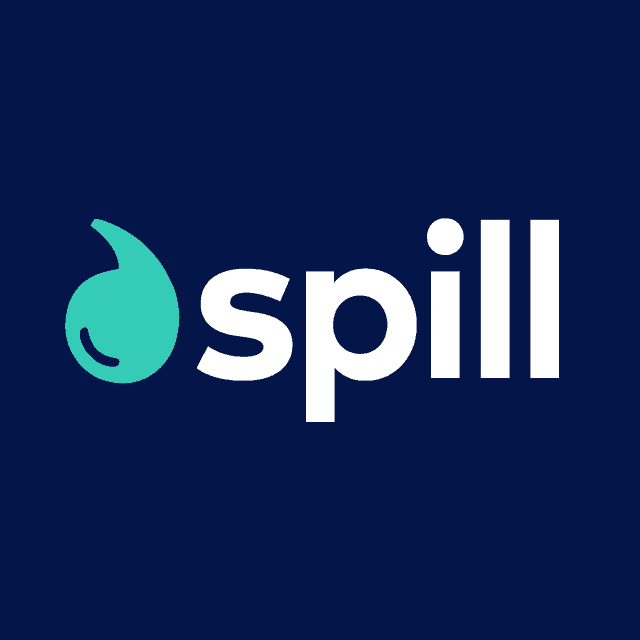This week’s Meet the CEO guest is Gavin Dhesi, CEO of mental health and therapy support app Spill. Gavin’s entrepreneurial spirit started at a young age – after graduating from university he ran two successful restaurants in York. Fast forward to 2018 and being just 24 years old, Gavin co-founded Spill, an app which makes mental health support accessible and preventative by letting anyone message with a qualified therapist – paid for by their employer or university. Gavin’s role as CEO is to oversee the growth, strategy and funding of the business.
How did you become CEO of Spill?
Previous to Spill, I had two restaurants – one which I started during my last year in university, and the second one when I graduated. I devoted six years of my life, seven days a week to it. I sold them eventually but I was at a loss in terms of what I wanted from my life – most people asked about me, not how I am, as it was my identity for so long.
I ended up speaking with my now co-founder Calvin at the time, who suggested I speak with his mum as she was a counsellor. I was introduced her, had one coffee which then turned into eight, and they sort of became informal therapy sessions. From that experience I wanted to make therapy accessible to everyone.

How would you describe what Spill has created now?
Our aim is to make therapy accessible to everyone. The therapy and the mental health industry is still medicalised and sensitive, even though 90% of people just going through life or any problems don’t seek or consider therapy.
There’s so much stigma around the word ‘mental health’ that we really want to relate it back to what is therapy about. It’s just about talking about your feelings with another human being who’s trained to help – we aim to make this accessible, affordable and barrier-free.
How do you envision growth for Spill?
We started in 2018 by myself and my co-founder, and now have 12 employees and we work with 22 companies. We’ve raised seed money from Passion Capital and Seedcamp, and we have some angel investors such as the MADE.COM founders and Jack Tang, CEO of Urban.
This year has been a mix of working with and meeting other companies in the industry. We work with companies such as Monzo and Rightmove and we really want to enter the university domain as well.
University mental health is really quite backwards – there are a lot of people who may just benefit from talking to someone early on. And eventually, we could work with the NHS. I believe there’s almost a million a year that get turned away from the NHS because they’re not seen as “severe enough” for therapy and that’s exactly kind of who we’re talking to.
How do you work with different companies in the industry?
We’re completely B2B, provided as an employee benefit or perk. We meet with employees and try to change the current culture towards a more open environment. We do this through talks, events, as well as pointing people towards the app to talk to one of our professionals.
Therapy is traditionally based on human interaction. How does this affect your business?
There was a recent survey that found almost 68% of people prefer communicating by text rather than any other form of communication. I’m probably the worst, but sometimes it’s a less intimidating way to approach someone.
However, I do think we end up being so used to that form of communication that with therapy, it can be a big thing to open up to. If you’re asking people to open up in a way that they’re not used to, that’s a massive barrier to overcome. That’s why we feel that texting and using an app to support this facility helps push that. For us, tech is facilitated by conversation rather than replacing it.
What advice would you give to another tech startup CEO?
Enjoy the journey and be patient. Don’t get lost in the day-to-day element.
I think everyone says being a founder is 90% down and 10% up. If you just step back and realise that actually it’s one long journey and learn to enjoy even the hard days and see it as a learning experience.
Would you say there’s an accomplishment that shaped your career?
It’s hard to define as one moment. Coming out of university where I was quite young and managing people at 19 was quite intimidating. Overcoming that and gaining respect was a big accomplishment and one that gave me the confidence to build a business in a completely different industry. Without that experience I don’t think I would have had any success.
What’s the best advice you’ve been given?
Patience. I am the most impatient person in the world – I want things to happen yesterday! Everything will happen in good time – it’s important to be patient.
Favourite app on your phone?
Uber.
Is there a book that has been influential to you?
Start With Why by Simon Sinek.
Name a company that you wished you founded & why.
Headspace, for their work around de-stigmatising meditation.

